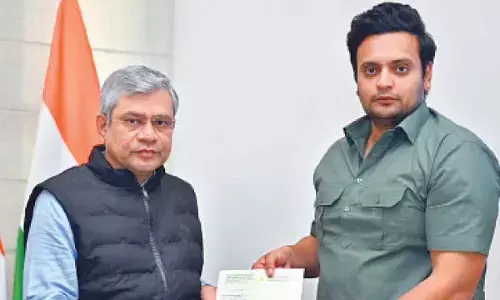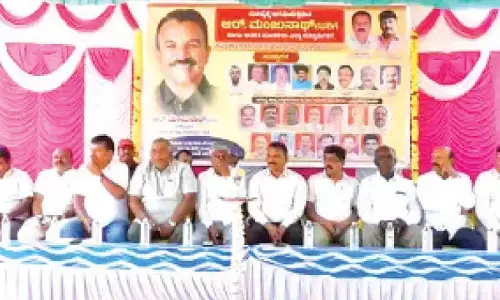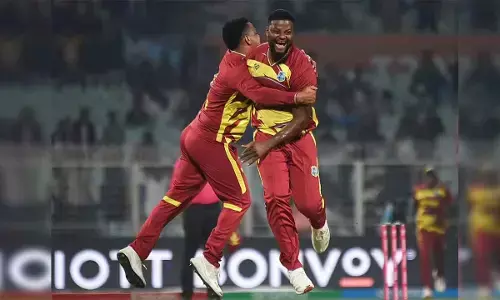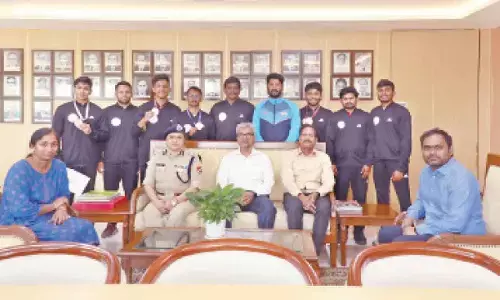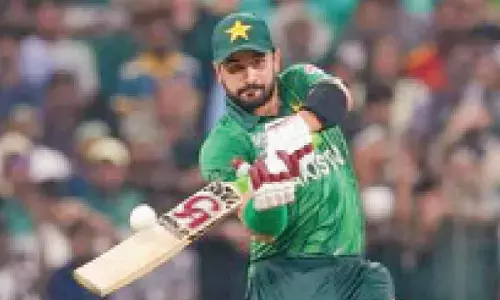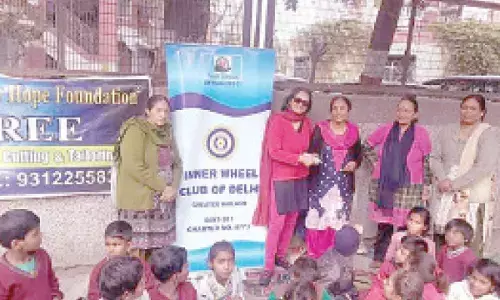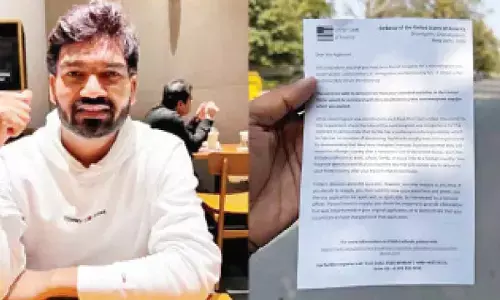A Vision Of Hope For Pakistan: Youth and the hope for a change
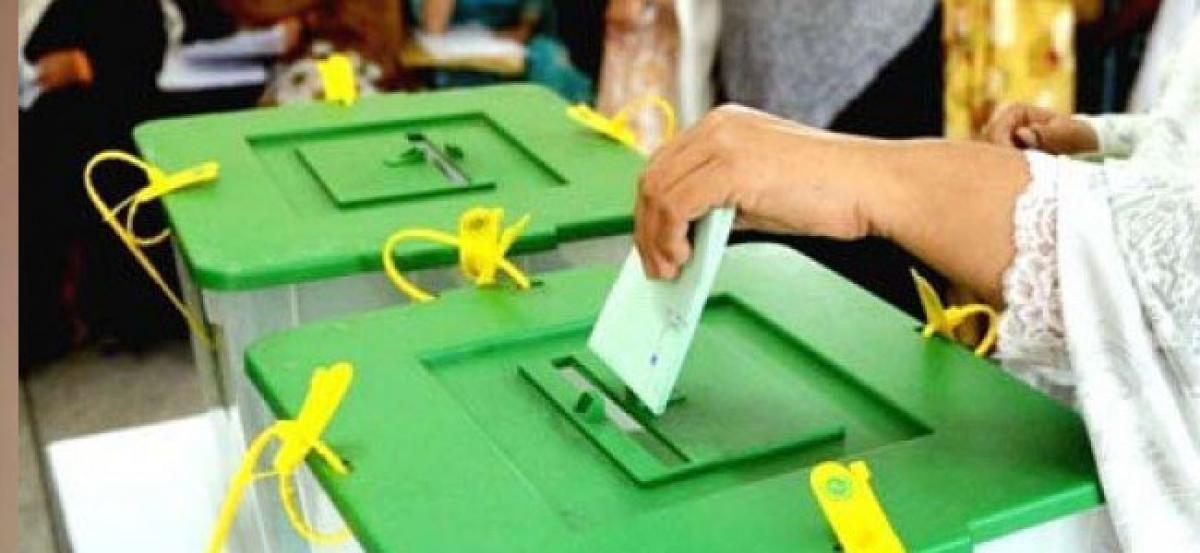
It is perhaps not surprising to be have given many contradictions of a Pakistani state and society that there are two distinct opinions about the upcoming general election. On the one hand are those who argue that our political parties comprise opportunists seeking only power and money.
It is perhaps not surprising to be have given many contradictions of a Pakistani state and society that there are two distinct opinions about the upcoming general election. On the one hand are those who argue that our political parties comprise opportunists seeking only power and money.
The second camp is more defiant, it insists that regardless of how much pre-poll rigging and manipulation takes place, voters still have a say in determining the fate of the country moving forward. Neither view is entirely incorrect, but one does get the sense that the major contenders in the electoral exercise — as well as the “hidden hands” — are far more interested in wooing “electables” who ostensibly have captive voters under their proverbial thumbs, rather than directly appealing to voters who could act autonomously.
Voters were moved by revolutionary ideologies, convincing themselves that they could change the egalitarian world they inhabited through the ballot box. Pakistani society is today at a very different juncture, class is no longer the major operative category around which ordinary working people make political alignments. But there is one fleeting similarity between the upcoming election and the 1970 ballot: Young People.
Back then, Pakistan was not experiencing a massive youth bulge, but young people — especially students — were extremely organised and politicised. Today the opposite is true; young people are neither particularly organised nor politicised. This election will see almost 18 million new voters between the ages of 18-25 go to the polls, while all voters between the ages of 18-35 constitute almost 44 per cent of the electorate.
A few mainstream parties invoke the “youth” card but there has been just a little to suggest that any of them really bothers to relate to the experience of being young here — as students, potential entrants into the job market, and simply as human beings seeking to make sense of a rapidly changing and insecure world. All big parties know that young people are on social media and seek to reach out to these potential voters accordingly, but the approach is generally instrumental and suggests no recognition of the real challenges facing them and this country’s future moving forward.
None of our mainstream politicians, except a few, have sought to redress the retrogressive bans on student politics and the demonisation of politics more generally that have shaped the attitudes of most of our younger generation vis-à-vis politics and the public interest. This means many young people who are eligible to vote may not do so — precisely because they have grown up being taught that politics is something to stay far away from.
In fact, young people who will inherit this country and its problems have to concern themselves with major political questions, in large part because their own futures are at stake. Our economy does not produce jobs, our educational system does not produce critical minds.
And then there are questions of environment and sustainability, about which, except for the political aspect, no one bothers about. Again these are questions which our young population will have to contend with because it is their children and their children’s children who will have to contend with acute water and energy shortages and the immense fallouts of global capitalism, climate change most of all.




